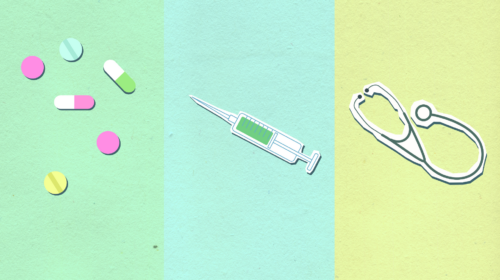It takes a tremendous amount of courage and dignity to acknowledge and seek help for drug or alcohol addiction; however, it may not always feel that way for people going through the process. Despite the inherent dignity in addiction recovery, the persistent stigma and judgment that substance abuse disorder (SUD) survivors face when they endeavor to put their lives back together can be overwhelming and prevent them from moving forward, even leading to relapse. While addiction has been recognized as a chronic medical disease (the same as hypertension, heart disease, diabetes and others) many individuals and institutions continue to treat the disease as a moral failing; this perception can be devastating when a person in recovery is trying to get their life back on track.
Discrimination in Addiction Recovery
SUD survivors face discrimination on multiple fronts that threaten their dignity in addiction recovery, including in their private and professional lives. One 2014 study from Johns Hopkins University reports that three in 10 people believe that recovery from addiction and mental illness is possible and 43 percent said that SUD sufferers shouldn’t receive the same medical benefits as other Americans. The Americans with Disabilities Act (ADA) clearly states that an employer may not discriminate against a person who has a history of drug addiction but who is not currently using drugs and who has been rehabilitated; however many continue to face difficulty getting jobs on the basis of their substance use history, however thinly veiled, despite years in recovery.
Examining and Addressing the Obstacles
While there are still multiple layers of adversity that individuals in recovery face in their everyday lives, the perception toward substance use disorder is getting increasingly less hostile and more compassionate. While equal treatment under the law is key to maintaining dignity in addiction recovery, internalizing the toxic perception that SUD survivors often face can lead to negative thoughts that can trigger relapse. A job, a friend, a sense of purpose and other basic elements of supportive dignity can mean the difference between continued recovery and a setback; however, many find them difficult to obtain when they endeavor to recover from addiction.

























